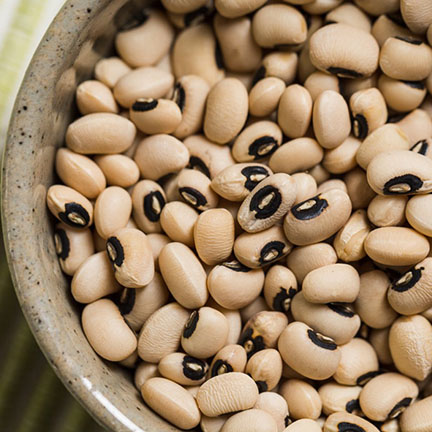The UK government has updated its dietary guidelines. The newly revised EatWell Guide recommends people eat more plants, get more of their protein from beans and pulses and cut down on processed and red meat. It's a good step forward towards encouraging healthier, more sustainable diets.

The EatWell Guide is a policy tool used to define government recommendations on eating healthily and achieving a balanced diet. It is a visual guide in the shape of a plate, which shows the different food groups and illustrates healthy food options, as well as the recommended balance between them. Its advice has remained practically unchanged for 20 years, but this month's update now explicitly aims to help people choose food that is more sustainable.
How does it do that? The EatWell Guide proposes we should be eating mostly plant-based foods and less animal products. Fruits, vegetables and starchy foods, like pasta and potatoes, take up most of the plate – according to EatWell these foods should be the source of 76% of our daily calories. When it comes to protein, the recommendation is to choose more beans and pulses and less processed and red meat. The amazing benefits of pulses are highlighted in the guidance too. Beans, peas and lentils are presented as good alternatives to meat because they’re naturally very low in fat, and they’re high in fibre, protein, vitamins and minerals.
At Eating Better, we have long called for official healthy eating advice to be updated for sustainability. By taking steps to engage with sustainability within EatWell, the Department of Health and Public Health England is demonstrating leadership in promoting system-wide change to tackle obesity and diet related ill health. More could be done to integrate sustainability within the Eatwell guidelines, for instance by providing guidance on how to choose food that has been farmed sustainably, but this is a good start.
The principles of EatWell will be applied to menus served by hospitals and schools. They'll form the basis of healthy eating education and spread the message about the benefits of eating pulses. Our hope is that the new guidelines will also find resonance in farming policies, and the production of fruit, vegetables and pulses will be adequately promoted in the UK to ensure it can meet the demands of a healthier population.
Elena Salazar is Campaigns Associate at Eating Better: for a fair, green, healthy future.
